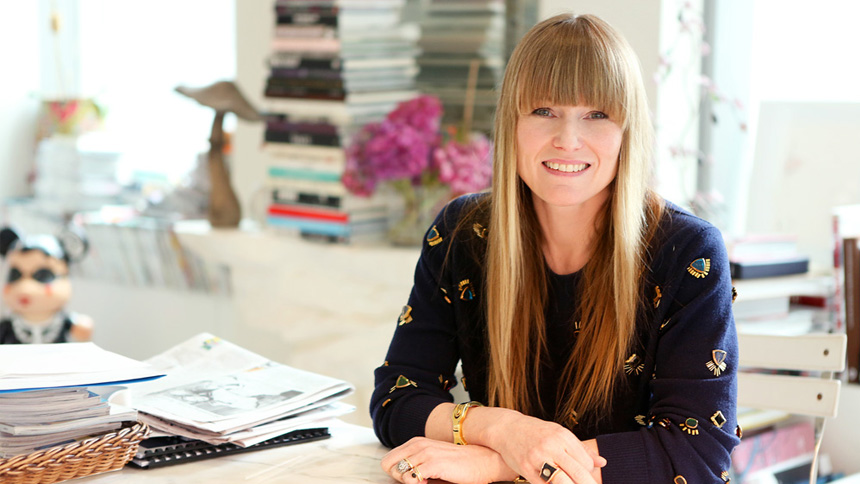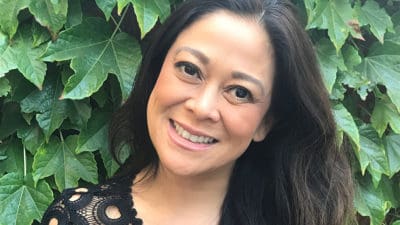Let me guess. English class was your favorite time of the day when you were a student? You wrote for your school newspaper—heck, maybe you were even on the yearbook staff—hopping on any chance you got to tell a story. After some time you realized, I don’t just enjoy writing, I excel at improving the writing of others too, and so began your quest to become an editor. To help you on your journey we tapped a few extraordinary editors to share some valuable insight.
What exactly does an editor do?
In a nutshell, an editor writes, edits and commissions stories. The day-to-day responsibilities vary depending on the medium (e.g., magazine, newspaper, website, book, social media) and workplace, but, in general, editors spend their days—and nights, when on deadline or closing an issue—pitching ideas; reporting; overseeing social media; curating content; supporting special projects; cultivating, assigning and managing a stable of freelancers; creating production schedules; and copy editing.
Also on Mediabistro


“One of the best parts of the job is that it really is different every day,” says freelance editor and writer and Anitra Budd. “Depending on the level of editing I’m doing—developmental, line, or copy editing—I might be reading a novel and taking notes on any plot holes, putting together a style sheet for a cook book copy edit, or doing online research to verify a term in a geology book for children.”
A part of being a successful editor is the ability to identify multimedia content trends. Get this skill with our Digital Journalism course. Register today to take this course.
What skills does an editor need?
Of course, you need writing and editing skills. You know that, and we know you know that, but we felt we should state the obvious. Done. Now that we got that out of the way, it’s imperative you understand how important attention to detail is.
“This is the cost of admission for any kind of editing,” says Budd, a former Coffee House Press editor. “If you’re not willing to check and double-check a style point or pore through a manuscript to make sure a character is always ‘Amanda’ and not ‘Mandy,’ this probably isn’t the job for you.”
Knowledge of AP and/or Chicago style, proficiency in Microsoft Office and software such as InDesign and experience with social media are important.
Who is an editor’s supervisor?
It depends where you work. Maybe you’ll report to the editor in chief or an editorial director, or maybe you’ll answer to the publisher. Editorial assistant and assistant editors will likely report to you.
What does it take to excel in this position?
“You have to juggle three entities: the writer, the reader and the text itself,” offers Budd. “When you can serve the interests of all three, and do it well, that’s where editorial magic happens.”
Adds Billboard social media editor Leslie Richin, “You need to make content come alive. You also need to make sure content reads well, and at times, add some flair. Ask yourself, would this content work better with a photo (or three), a gif, an emoji, a hashtag?”
How can I break into this field?
A journalism or communications degree isn’t mandatory, but Richin recommends one along with interning. It’s a competitive field, especially if you want to work at a consumer mag, reputable newspaper or popular website, so intern as much as possible (preferably in the industry you want to work in) to get your foot in the door.
If you want to be an editor, take your online journalism skills to the next level with our Savvy Digital Journalism course—Enroll now!






